The exponential boom in technology, following the invention of the internet, has created whole new industries, and destroyed or seriously threatened many others. The law is one such area of business that has struggled to keep up with rapidly advancing technology. Blockchain is a recent innovation, that accompanied the advent of bitcoin and other such cryptocurrencies. The ability of blockchain to store information in a secure, yet accessible manner, makes them both a significant challenge and a valuable opportunity for the legal industry.
What is the Blockchain?
A blockchain is an infinitely replicable, secure form of distributed ledger. As complex as that sounds, it’s actually reasonably simple. A blockchain is what it says on the tin, a chain of digital ‘blocks’. Each block is filled with information about monetary transactions such as: the date and time of the transfer, how much money was exchanged, and the digital identities of both participants. So, think of each block as a record containing numerous receipts and invoices. Anyone is free to view the information contained within a given block at any time and it is impossible to alter any one block, without having to rewrite every block in the chain. This makes them an incredibly secure, decentralized method of recording digital transactions.
To give an example, say you’re a law student looking for an online prep website to help you study for your entrance exam to law school. You stumble across a positive Magoosh LSAT review, and decide to go with this company, for the sake of this example let’s pretend they operate using a blockchain. You pay Magoosh for their service and this transaction would create a brand-new block, registering the time, date and amount of money transferred. Also recorded in this block is the digital identities of both participants, so Magoosh and the username you created to use their site.
Note that your username is recorded, but not any information that betrays your real-world identity. Once the transaction has been completed and digitally confirmed to have occurred, the block is given its own unique hash code. The coded block is added to the end of the chain and voila you have a permanent, digital, invoice of your purchase that you can view at any time. Each block added alters the other blocks in the chain, so anyone attempting to tamper with the block would have to undergo the impossible task of rewriting the entire chain.
The Legal Challenges
Blockchain was born from and are still inherently tied to cryptocurrencies. Because blockchain are decentralized, they aren’t tied to any banks or other financial institutions, they provide anonymity for people purchasing bitcoin, and using the bitcoin to purchase other things. Provided they take the right precautions, it is impossible to tie transactions in a block to the real people behind them. This means blockchain is often implicated in illegal transactions and criminal activity. In the coming years, as blockchain is integrated into the wider world of business and commerce, the law will need to likewise evolve to deal with them. Lawyers of the future may choose to specialize in the rapidly evolving fields of law surrounding digital phenomena, such as blockchain. Such concerns made blockchain the main subject of the 2017 annual meeting of the International Legal Technology Association.
The Legal Opportunities
As well as posing difficulties for the law, blockchain also offers exciting innovations and developments for the world of law. Here are just a few of the ways this technology could change the face of law as we know it.
- Blockchain could provide easier and more secure ways for artists to legally protect their intellectual property. Some companies are working on such a system where intellectual property is registered and tied to a blockchain.
- Legal Nodes is a company trying to make legal advice cheaper and more accessible by modelling their service on blockchain technology.
- Some companies such as OpenLaw are trying to invent Smart contracts. This concept involves taking simple, repetitive legal contracts and automating them using blockchain, to save the cost of legal teams having to meet in person to verify them.
Blockchais has massively shaken up numerous industries around the world. Their potential to advance and improve the legal industry is practically limitless. They are a vital development for any lawyer, or would be lawyer, to know about. Even if you don’t end up working with them, you will most certainly encounter them if you plan on working in criminal or financial law.

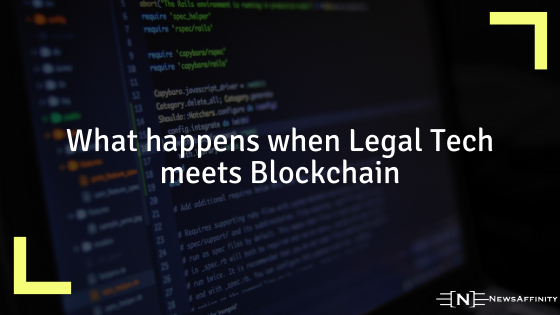
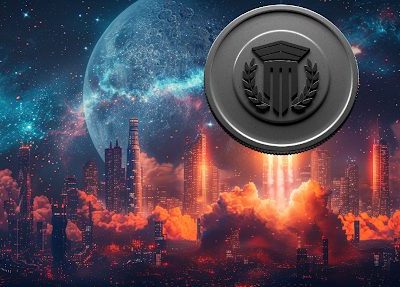
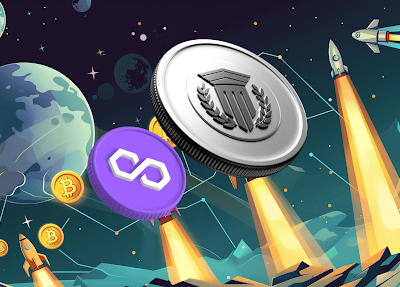


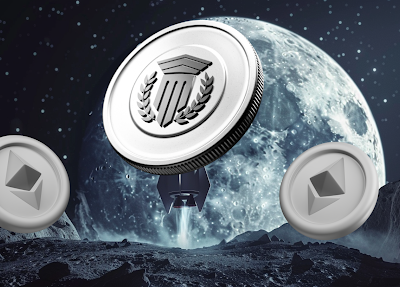



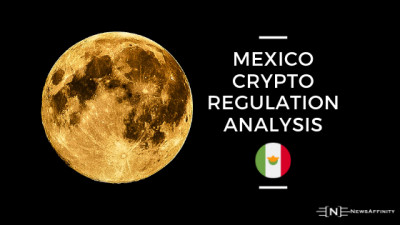






Comments